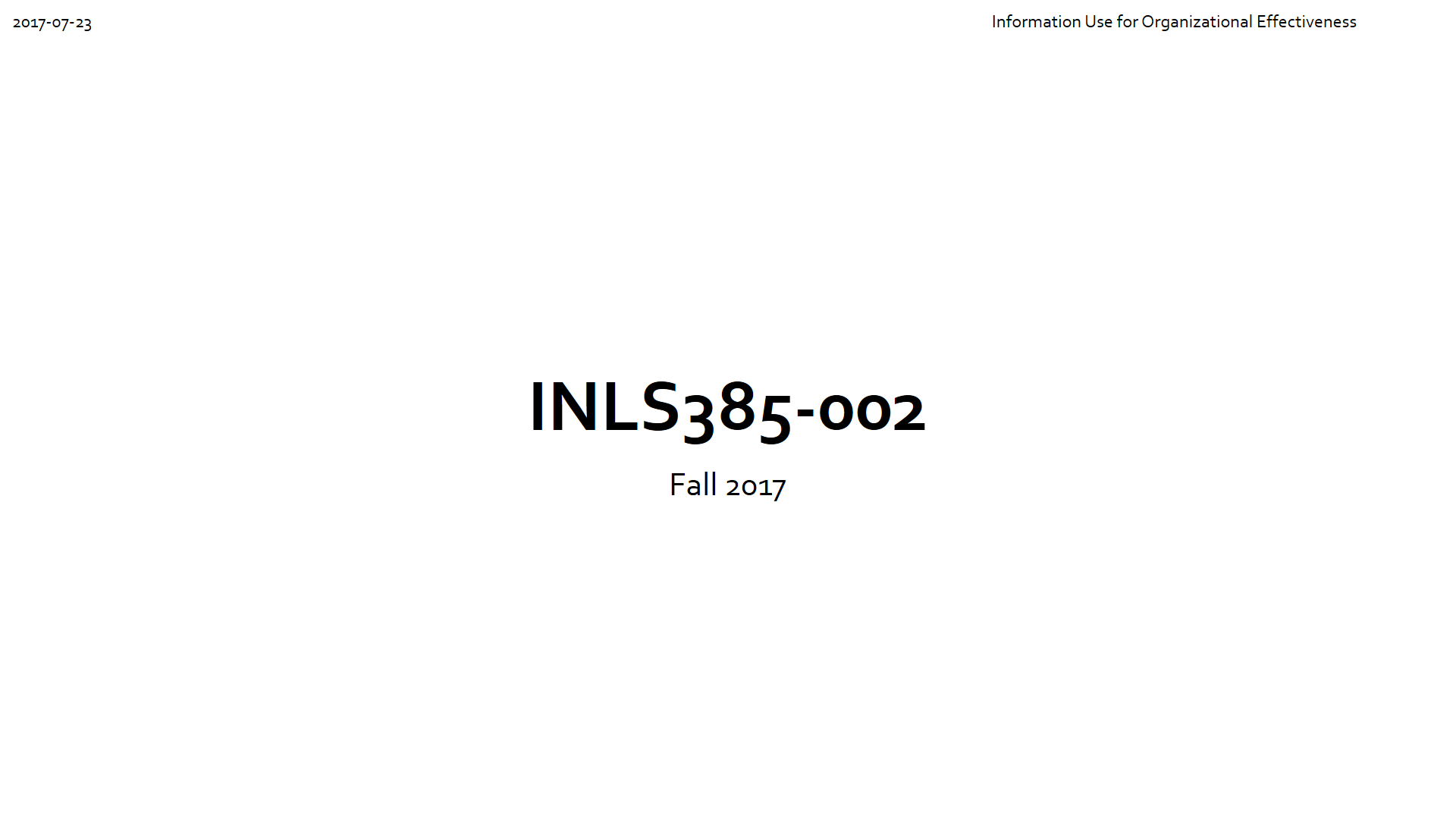individual identity
How do you understand who you are in relation to the organization?
Are you a giver or a taker? | Adam Grant
Ponder how you fit into the organization that is the nation, the state
Why, we wonder, and how, did revolutionary-era Americans choose to adopt a radical regime of religious freedom?
Their reasons did not rely on any idealistic consensus that religion must be separate from politics and instead owed everything to their deep suspicion of power in the hands of flawed humanity. Informed by centuries of European history, revolutionary-era Americans believed that governments empowered to coerce belief – long the common European practice – became tyrannical. History proved that, where religion was concerned, governments resorted to coercion. Consequently, to provide a barrier against tyranny, key American patriots believed that protecting religious freedom was vital.
But old ways died hard.
You don't have to read these unless you wish to, but we might touch upon them in conversation
-
Foreman, P., & Whetten, D. A. (December 01, 2002).
Members' Identification with Multiple-Identity Organizations.
Organization Science, 13, 6, 618-635.
[PDF] -
Mael, F. A., & Ashforth, B. E. (June 01, 2001).
Identification in Work, War, Sports, and Religion: Contrasting the Benefits and Risks.
Journal for the Theory of Social Behaviour, 31, 2, 197-222.
[PDF]
things we'll talk about
- how do individuals perceive their organization?
- how do individuals perceive their roles in their organization?
- do different individuals perceive the same organization differently?
- how does this influence organizational culture? does it become multi-dimensional?
- how could individuals' identification with their organization influence their decisions to make ethical choices within that organization?
If the session will include an in-class exercise, it will be noted here.
[top]


